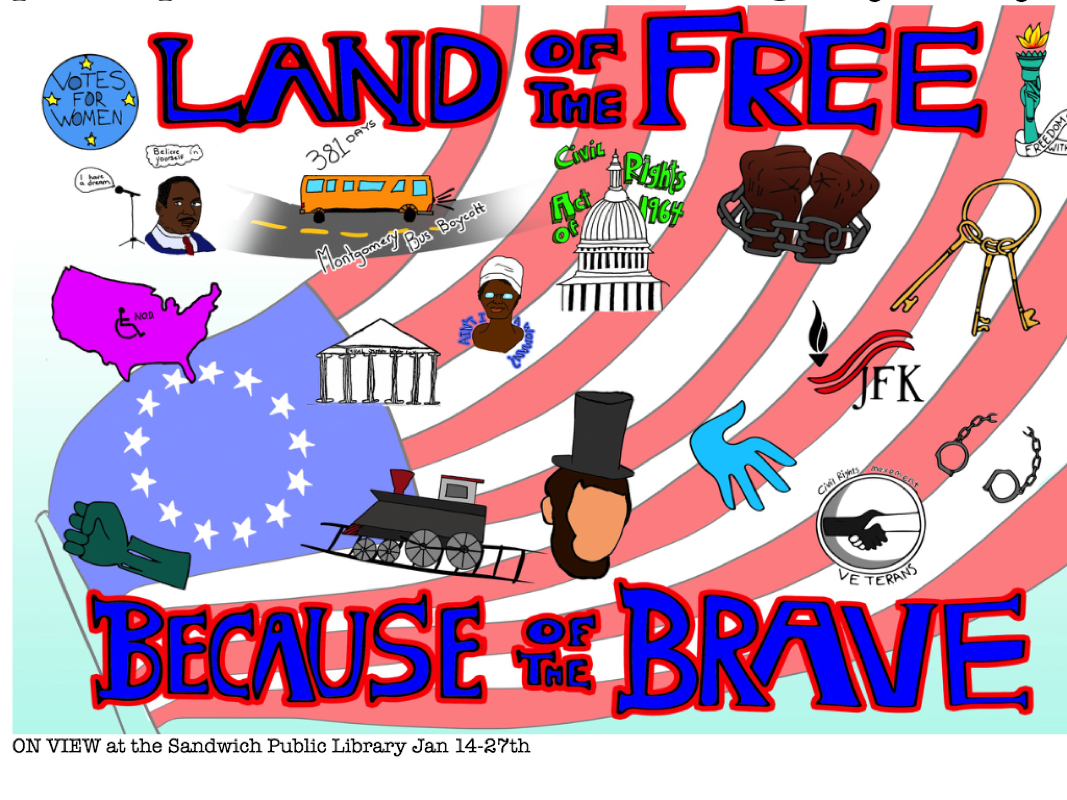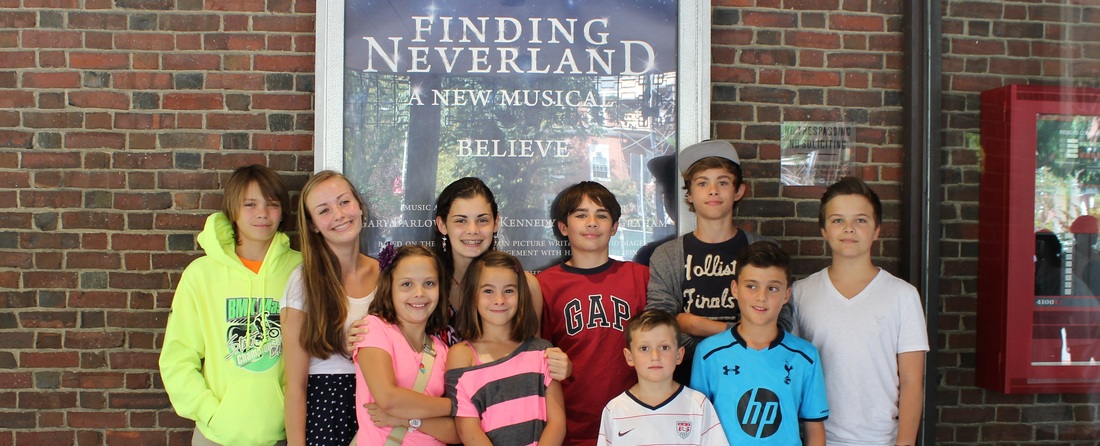I am amazed by how life is defined by randomness. Birth location, race, economic status, education, health, success, and hardship—individual lives—mysterious paths, unfolding as one’s unique experience, yet random in the larger scope of humanity.
Can any one person make sense of it at any given time?
This past winter season I challenged my students to look back at the 1850’s (US— pre Civil War era).
I tasked our group to read a historical fiction novel, set in Boston, detailing a runaway slave’s experience fighting the pre-war Civil War political system. We also experienced a world premier play, expressing the southern slaveholder’s belief in white superiority. And, we continued our geographic study of Africa, focusing on South Africa and its relatively recent journey that abolished their country’s policy of Apartheid.
Hard stuff!
Individuel stories—diverse in nature, unique—yet all related by their common themes of race, class, and economics.
Our studies beg the question, how do educators teach connection? How do we teach children to live a life that includes awareness and respect for all? How do we teach compassion? How do we teach leadership? How do we teach children to think globally yet act locally - never forgetting to be an individual retaining the golden rule “do unto others as you would unto yourself”. Lastly, how do we teach courage? —such as the courage to speak out against social injustice.
As educators, we teach history in the hopes that students will study the past and gain a desire to shape a better future. As educators, we teach literature with a goal to assure our students the opportunity to hear multiples voices and perspectives. It is though writing and respectful discourse that educators enable students to celebrate the diversity that make individuals unique.
I ask students today, “Look back on our country’s past?” Revisit the Civil War era. Ask yourself this: Have we learned from our nation’s past? Are we a more diverse, tolerant society today? As an individual, are you tolerant, caring, and compassionate? Are we all free?
What is freedom? Are you, as a US citizen and member of this diverse nation, promoting the ideas of equality, freedom, and liberty won by our forefathers?
Join me today in an exercise to think! Join me today in looking at your own individual randomness. Ask yourself this, “Do I practice acceptance, love, compassion, equality and respect for life?”—Our nation’s life, my life, your life, someone else’s life, LIFE in all its randomness.
The American Civil War played out our national hardship with slavery. The Civil Rights Movement in the 60’s continued our national conversation on individual freedom for all people. Today, we continue to be challenged world wide with hardships and sufferings that prove the struggle for civil liberties is a long road that needs to be traveled often.
More work needs to be done both at home and abroad in order to up-hold the democratic principles the United States stands for - which respects and honors the randomness of ALL LIFE.


 RSS Feed
RSS Feed